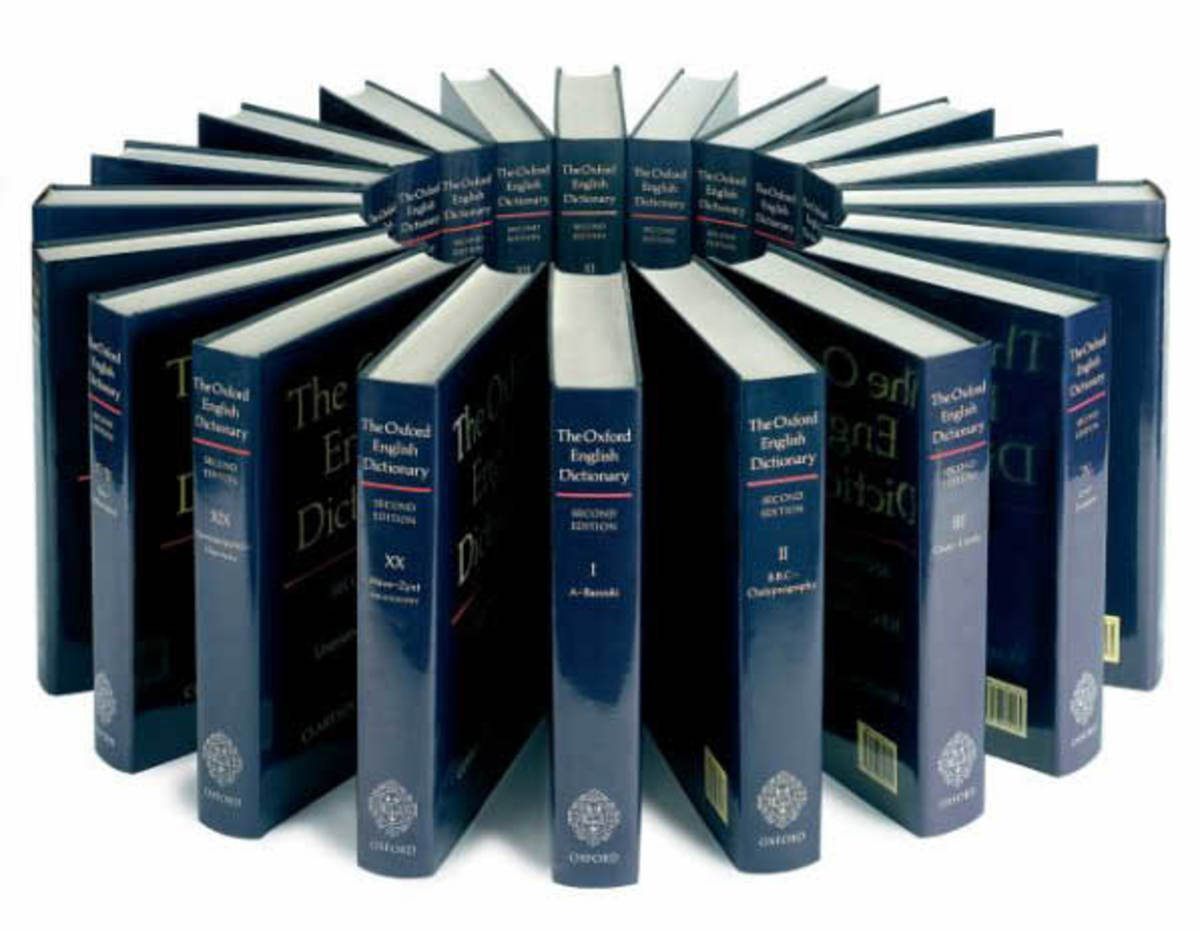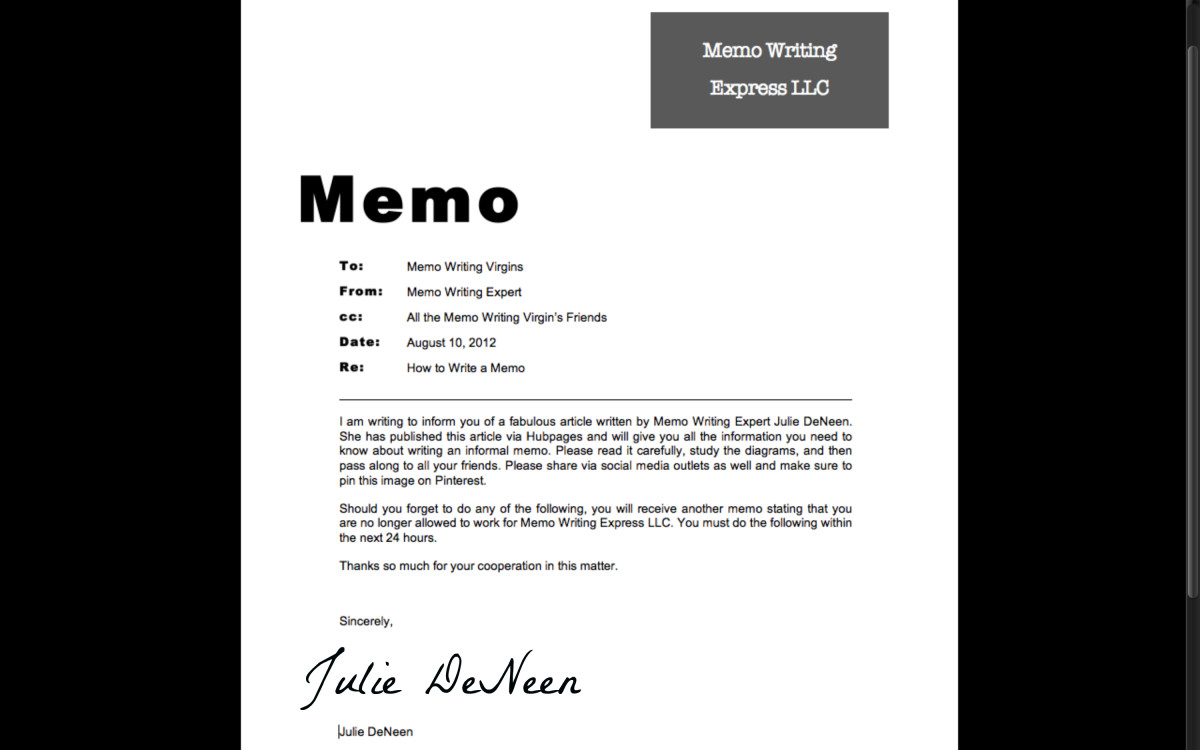Creating Languages for Stories

As a writer of fiction novels I am very fond of creating uniqueness in my books. Depending on the genre of story I'm writing depends on the depth in which I take to create this unique feeling for each one. When I created my fantasy fiction I went above and beyond to not only create the world that the reader would be delving into but also the creatures that inhabit it, the religions they practice, and the languages they speak.
It was a difficult path to travel for that particular series, and in the process of creating it I made up at least seven different languages spoken by the different creatures inhabiting the world I created. The different languages was something I found very nessasary to that series. Like many great fantasy authors, I did my best to create a language for every species in the book and even went as far as to explain the myths behind the creations of their language.
This series isn't the only series that I've created a language for. My vampire novels, though based in this realm, have a language I created specifically for the vampires. It was a way to separate the vampires from all the other species in the series and allows for a nice background story on a certain bloodline of vampires.
If you're a write of fiction, and you're seeking some cool ways to create a unique language here are some tips I used to create my most current language from my vampire series and the languages from my fantasy series. When it came to my fantasy novels I made most words up. Picking out the sounds you want to inculde in your made up language makes things easier. With a few of those languages I went with my own made up sounds and stuck them all together to create sentence spoken by the characters.
I created a list of basic greetings and sentences along with important places to help with all that. Now, if that seems far to difficult there is another way to go about creating a fun language for your story. In my vampire series the immortal bloodsuckers speak a language unique to them. The original bloodline of vampires that first began speaking the language descended from Greece and so what I did was I used Greek as my main muse for the language then took one to two other languages to combine and create something new in sound.
Here's an example of a cool way to do it that I found very easy and pretty fun. First, you look up the words you are seeking to create. I'm going to use the word 'night' in this example. In Greek night is nychta. Now, you don't have to use Greek as your base. You can use which ever sounds better to your ears. From here you pick one or maybe two other languages to combine with this one.
Due to the time period of my book I chose Greek, Arabic, and Hebrew. This was strategically picked due to the birth place of the bloodline I created, the religious back story to it all, and the whole connection to ancient Egypt and Greece throughout the series.
The Arabic word for night is layl, and the Hebrew word is laylah. Now, this is a made up language you are creating so you don't have to stick to the exact word night. You could use a synonym to also help yourself along. Like using the word dusk in one of the other languages to add a unique sound. In Arabic the word word be alghasaq.
So, my example of combining these words to create a new one would be taking the ny of the Greek word for night and then combing it with either just the Hebrew ending of lah to create nylah or doing all three with the Arabic word for dusk to create nylahaq or alnylah. Remember, you want this to sound right to you when you're speaking it outloud to yourself or repeating it in your head.
This is just a fun way to create something unique for a fiction story. There are plenty of other methods, I'm sure, but these are the methods that work best for me when creating languages for my books. I hope you enjoyed this little tid bit of information.








